Summaries of books about Politics & Social Sciences:
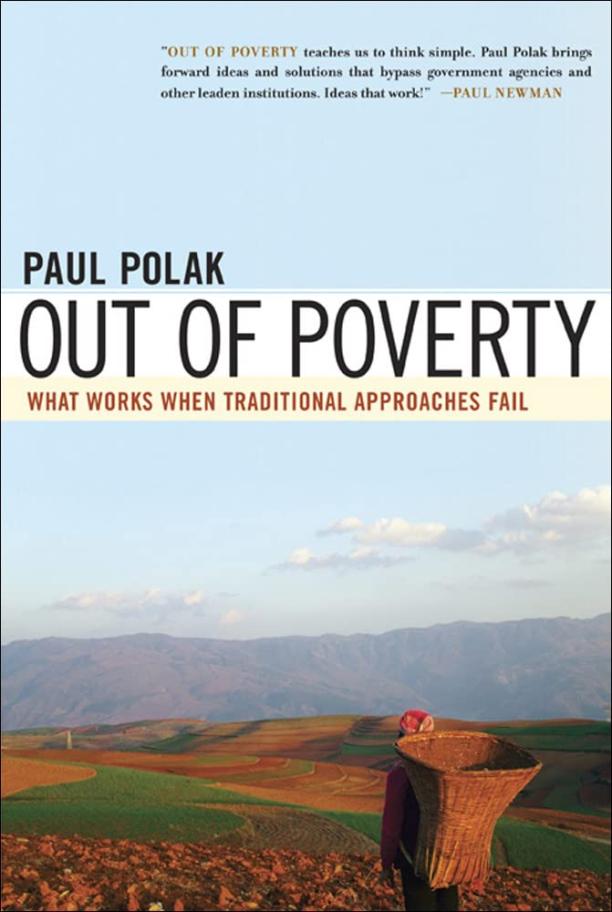
Out of Poverty
What Works When Traditional Approaches Fail
Paul Polak
The book presents a critique of traditional aid models and argues for a market-based approach to lifting people out of poverty, focusing on the importance of understanding the specific needs and abilities of the poor to create sustainable and scalable solutions. It shares success stories and principles derived from the author's experience in designing and implementing low-cost, income-generating products and services for farmers in developing countries.
See full summary
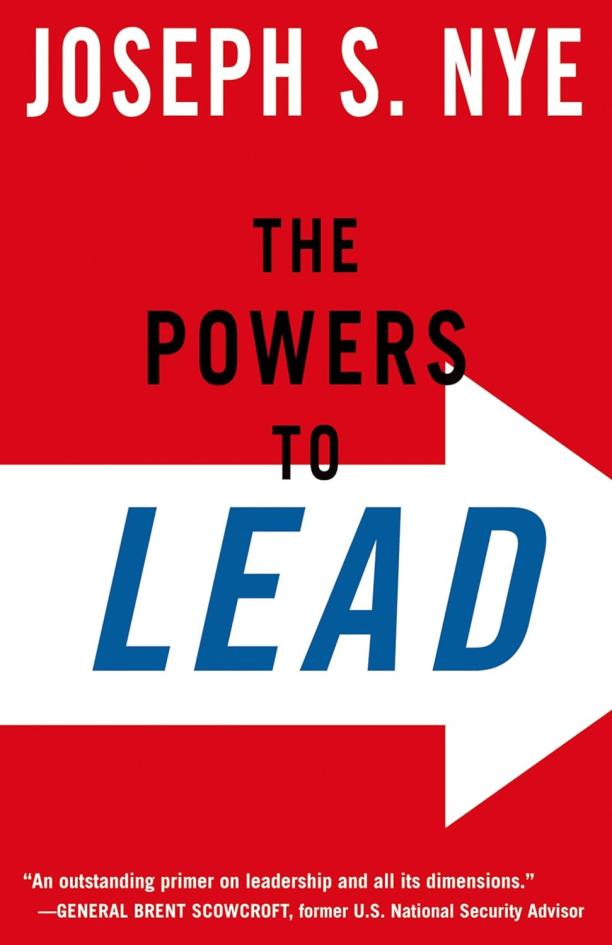
The Powers to Lead
Joseph Nye Jr.
The book explores the concept of soft power in leadership, arguing that successful leaders need a mix of hard (coercive) and soft (persuasive) power skills. It examines different leadership styles and the importance of context, emotional intelligence, and the ability to adapt one's approach to effectively lead in various situations.
See full summary
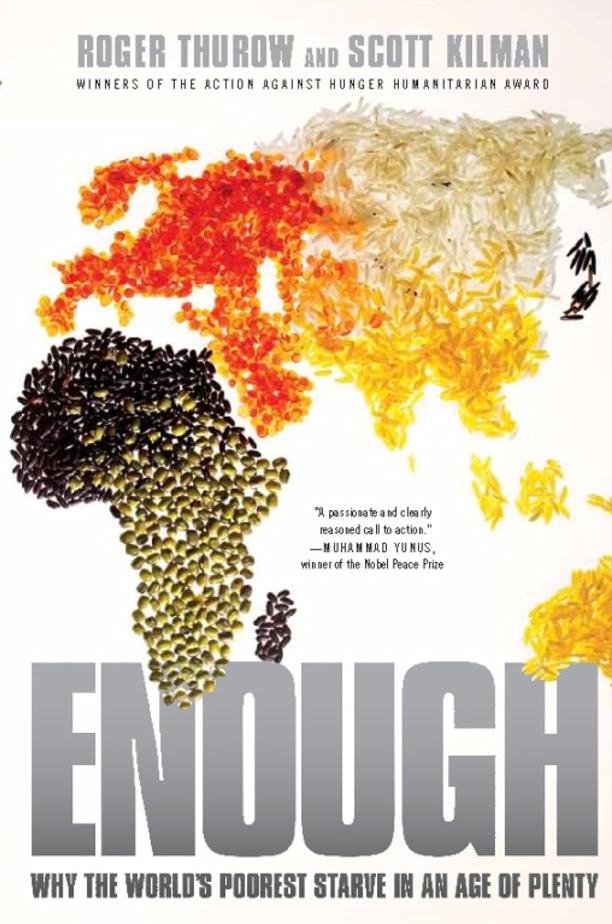
Enough
Why the World's Poorest Starve in an Age of Plenty
Roger Thurow|Scott Kilman
The book investigates the paradox of hunger amidst abundance, exploring the political, economic, and institutional failures that lead to millions going hungry despite a global surplus of food. It delves into the stories of farmers, activists, and government officials to shed light on the complex web of policies and practices that perpetuate food insecurity.
See full summary
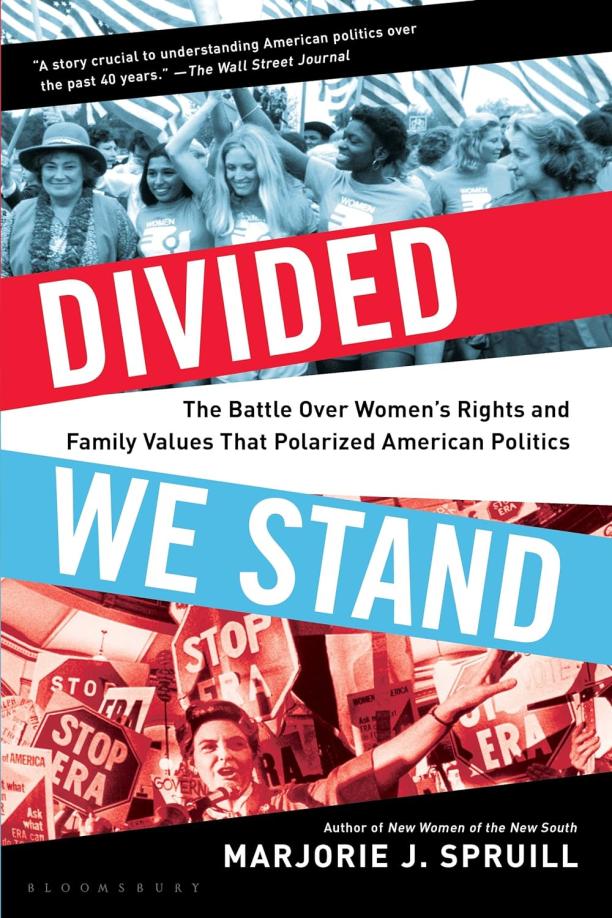
Divided We Stand
The Battle Over Women's Rights and Family Values That Polarized American Politics
Marjorie J. Spruill
The book examines the schism in American politics that emerged in the 1970s, focusing on the National Women's Conference in 1977 and its impact. It explores how the feminist movement and conservative backlash over issues like abortion, the Equal Rights Amendment, and gay rights shaped the political landscape and led to the rise of the Moral Majority and modern conservative politics.
See full summary
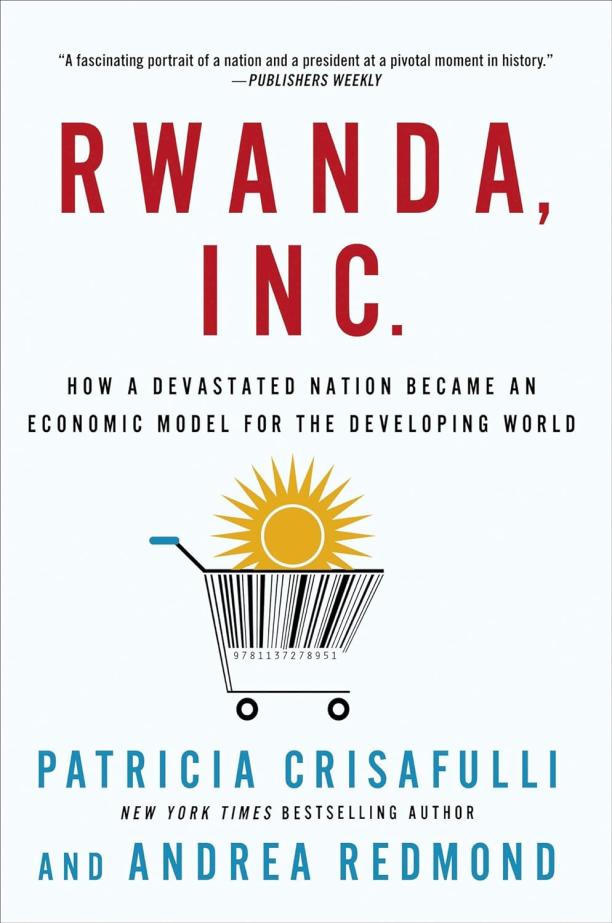
Rwanda, Inc.
How a Devastated Nation Became an Economic Model for the Developing World
Patricia Crisafulli|Andrea Redmond
The book examines Rwanda's remarkable economic transformation following the 1994 genocide, focusing on the leadership of President Paul Kagame and his government's policies that fostered entrepreneurship, investment, and innovation. It highlights the country's strategic decisions to create a business-friendly environment, invest in education and healthcare, and leverage technology, positioning Rwanda as a model for sustainable development in Africa.
See full summary
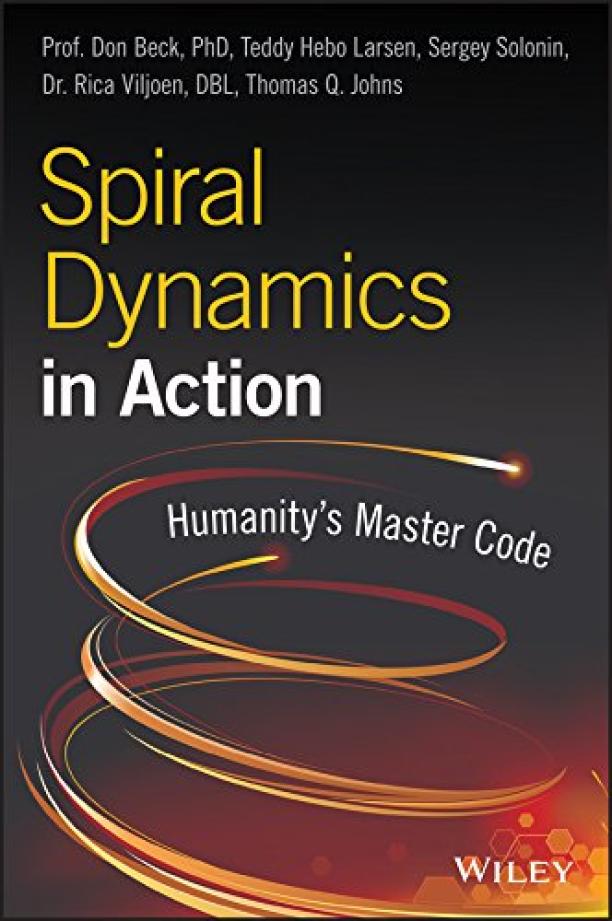
Spiral Dynamics in Action
Humanity's Master Code
Don Edward Beck|Teddy Hebo Larsen|Sergey Solonin|Rica Viljoen|Thomas Q. Johns
The book delves into the Spiral Dynamics model, which is a framework for understanding the evolution of human consciousness and societal change. It provides insights and practical applications for managing complexity by addressing the diverse values and perspectives that characterize different cultures, organizations, and individuals.
See full summary
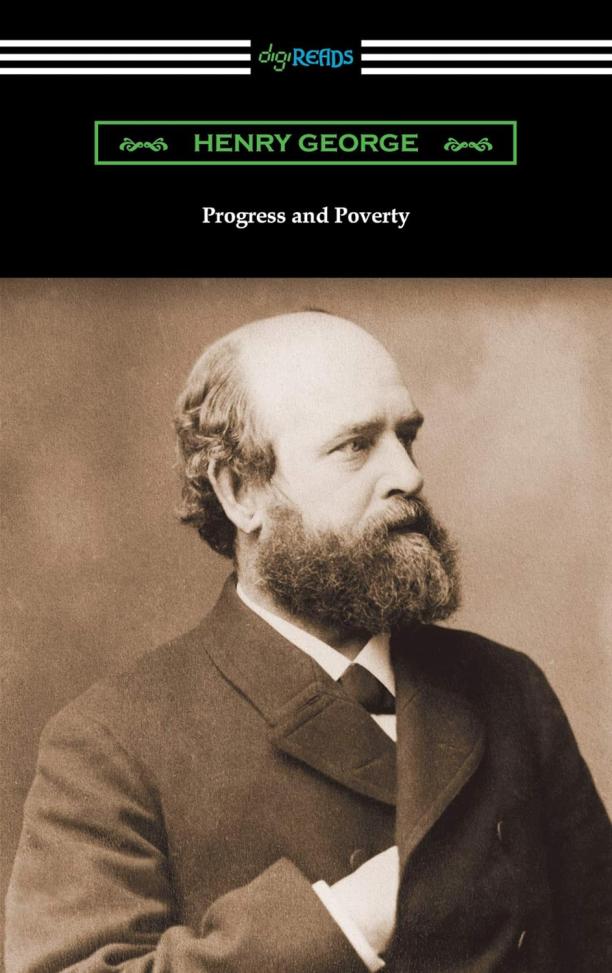
Progress and Poverty
Henry George
The book examines the paradoxical increase in wealth alongside pervasive poverty during the industrial era, attributing this to the monopolization of land. It proposes a single tax on land value as a solution to redistribute wealth and eliminate inequality.
See full summary

Our Posthuman Future
Consequences of the Biotechnology Revolution
Francis Fukuyama
The book explores the ethical, social, and political implications of advancements in biotechnology that could potentially alter human nature itself. It discusses the potential for genetic engineering to impact human rights, equality, and the very definition of what it means to be human.
See full summary
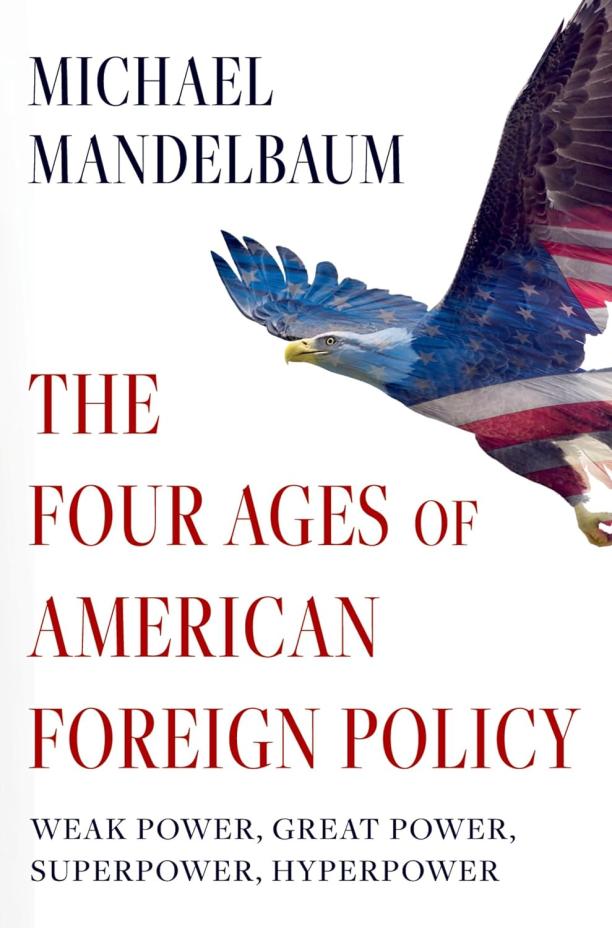
The Four Ages of American Foreign Policy
Weak Power, Great Power, Superpower, Hyperpower
Michael Mandelbaum
The book examines the evolution of the United States' role in international affairs, tracing its trajectory from a minor player to a dominant global force. It explores the strategies, challenges, and implications of America's shifting power dynamics across four distinct historical periods of its foreign policy.
See full summary
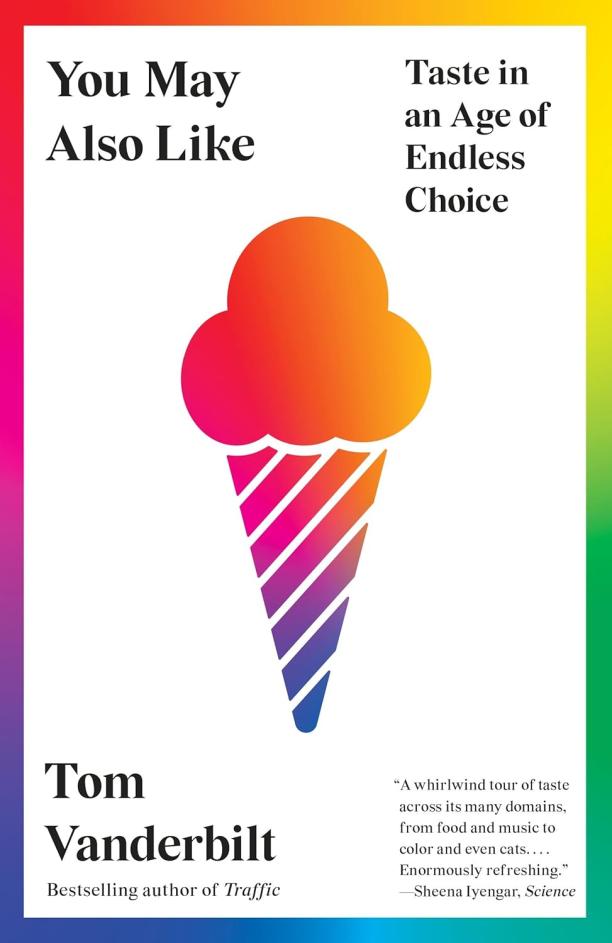
You May Also Like
Taste in an Age of Endless Choice
Tom Vanderbilt
The book explores the concept of personal taste and how it is influenced by various factors in the modern era of abundant choices. It delves into the psychology, marketing, and social dynamics that shape our preferences in everything from food and art to entertainment and design.
See full summary